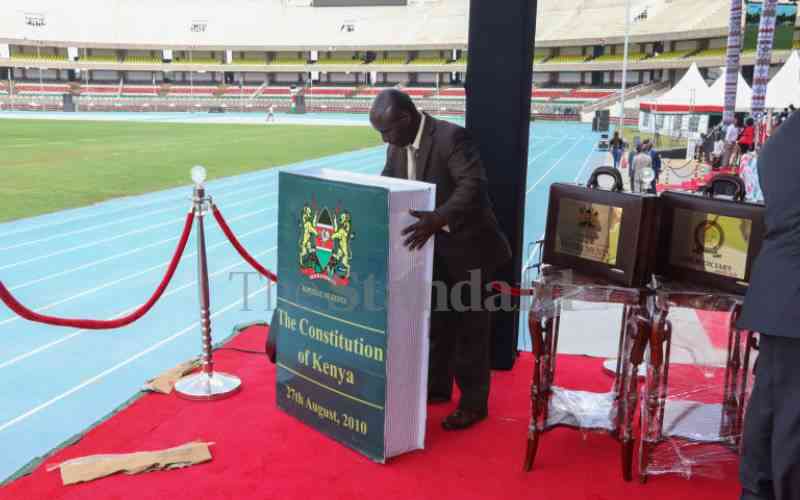×
The Standard e-Paper
Join Thousands Daily

During the past week, parliamentarians from the minority and majority sides came together to form the National Dialogue Committee (NDC) to facilitate national dialogue and build consensus.
As part of its duties, it will recommend constitutional, legal, and institutional reforms and establish a Framework Agreement to guide bipartisan discussions.